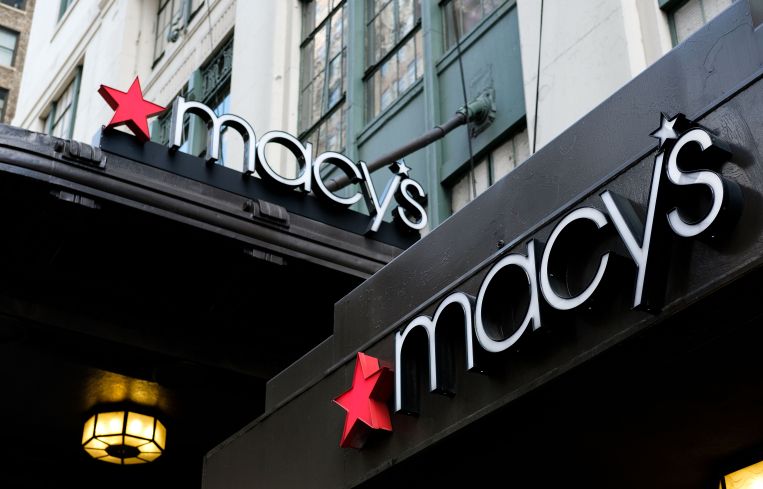Macy’s to Close 125 Stores Nationwide and Lay Off 2,000 Workers
By Nicholas Rizzi February 5, 2020 2:05 pm
reprints
Storied department store Macy’s will close 125 outposts nationwide and lay off 2,000 corporate employees in an effort to turn the struggling chain around, the company announced yesterday.
Macy’s said it will shutter 125 of its weakest locations within three years — about one-fifth of its portfolio — and focus on opening smaller stores in strip malls instead, the Wall Street Journal first reported. About 30 of the locations were already slated to close in January and none of the ones announced yet are in New York City.
The company will also move its corporate operation entirely to New York City, shedding its offices in San Francisco, Lorain, Oh. and headquarters in Cincinnati. The moves — as part of a restructuring plan dubbed “Polaris” — are expected to save the struggling retailer $1.5 billion by the end of 2022 and $600 million in 2020.
“We will focus our resources on the healthy parts of our business, directly address the unhealthy parts of the business and explore new revenue streams,” Jeff Gennette, the chairman and CEO of Macy’s, said in a statement. “Over the past three years, we have shown we can grow the top-line; however, we have significant work to do to improve the bottom-line.”
“We are taking the organization through significant structural change to lower costs, bring teams closer together and reduce duplicative work,” he added. “The changes we are making are deep and impact every area of the business, but they are necessary.”
As part of the “Polaris” strategy, Macy’s plans to upgrade 100 stores this year, add 50 more of its off-price Backstage chain to existing locations and open seven off-mall Backstage outposts, the company said.
The past decade has been rough for department stores around the country as competition from online shopping or specialty retail stores forced brands to shutter outposts, file for bankruptcy and be sold for scraps.
Sears filed for bankruptcy in 2018 with $11.34 billion in debt and plans to close more than 500 stores nationwide. Last year, Henri Bedel closed its iconic Fifth Avenue flagship while Lord & Taylor, one of the country’s oldest department stores, was sold to 7-year-old clothing startup Le Tote for $100 million. Lord & Taylor had already sold its 424 Fifth Avenue flagship to WeWork and Rhône Capital for $850 million.
One of the biggest blows to department stores came in November 2019 when Barneys New York was sold to Authentic Brands Group and B. Riley for $271 million. The new owners plan to license Barneys’ name to competitor Saks Fifth Avenue, close the majority of Barneys’ storefronts and dramatically shrunk its footprint at its 660 Madison Avenue flagship.
Macy’s — which also owns Bloomingdale’s — has been shuttering stores and unloading properties in an effort to survive for years. The company has not released its final numbers for 2019 yet but estimates its revenue dropped a little over one percent from the previous year to $24.6 billion.



